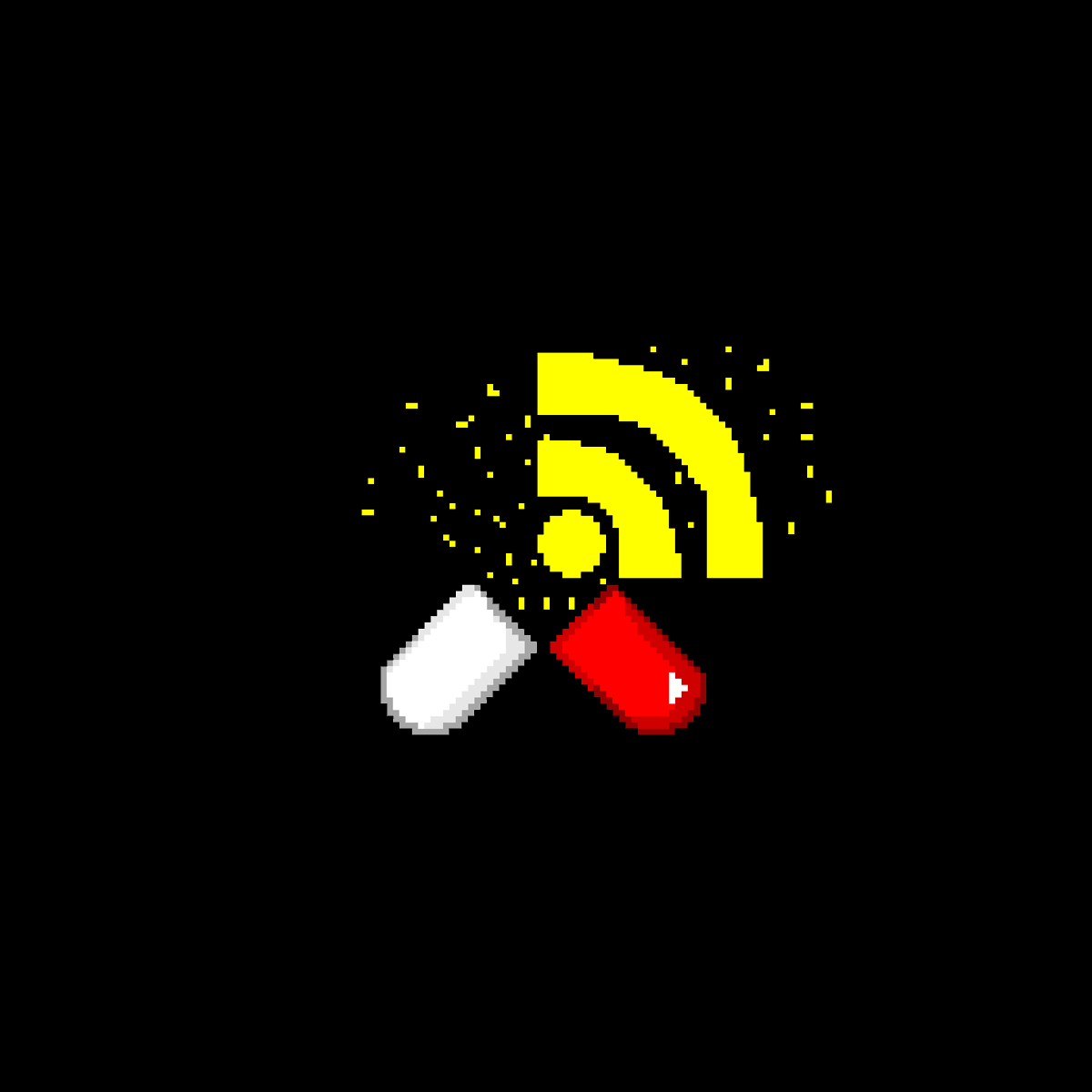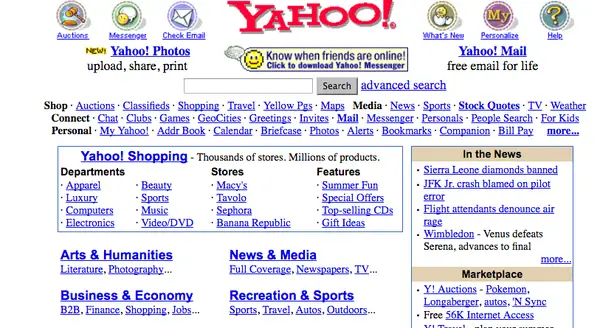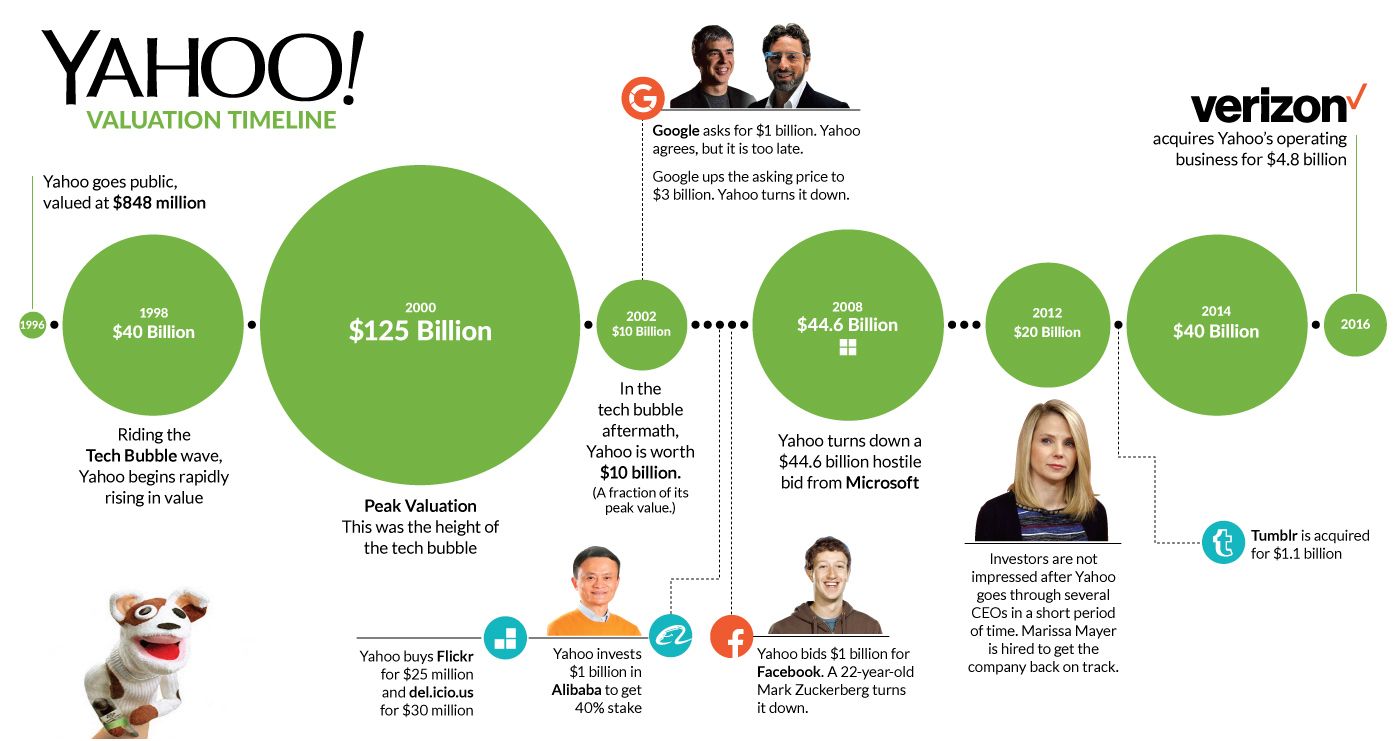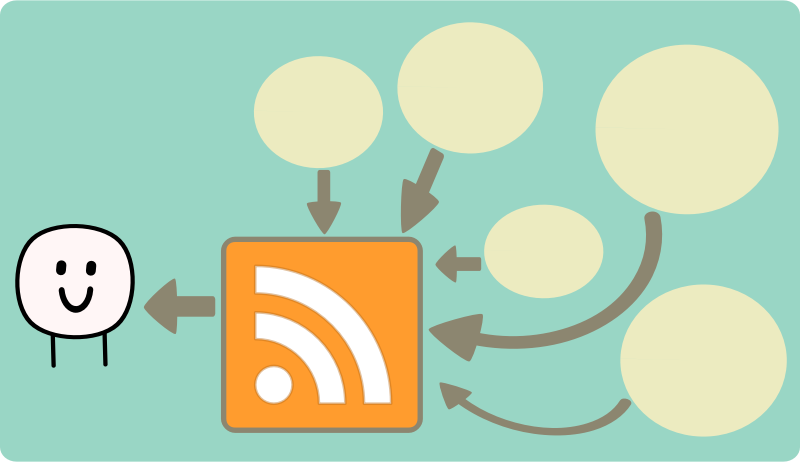The magic of RSS
As the web becomes more addictive, RSS could be the antidote.

If you read my post on 'The real singularity threat', you will know how I'm an avid activist against the current state of Social Media. The problem is that is not just affecting you as a consumer, but it's also affecting the content creators.
The Oatmeal is arguably one of the best commentators on tech, and he has been in the industry of content creation ever since it started taking shape. His tweet from July 7, 2021 best explains the case for RSS.
I miss the days of RSS, where each website could plant its own little flag on the internet, rather than a massive, blunt algorithm deciding what people are allowed to see. I've still got an RSS feed, but I don't think anyone who isn't tech-savvy really uses it.
— The Oatmeal (@Oatmeal) July 7, 2021
RSS stands for Really Simple Syndication, a web feed format that makes feed posts (like this blog post) or even Reddit posts universal. What does that mean? Well, let's look at the history of the Web for that.
You see, the Web is just a system for information exchange. It used to be cluttered and hard to navigate. Yahoo became the first monolith of the Web after it designed a website that makes the World Wide Web less cluttered. Hence Yahoo's first name, "Jerry and David's Guide to the World Wide Web". Yep. That was the original name of the world's most valuable company in the year 2000. How is that relevant? Yahoo was a hierarchical guide to the "internet" (not a crazy smart algorithm) so it wasn't really made for creators, it was tailored more to businesses.

i.e. The more clicks you get, the higher you rank. The higher you rank, the more clicks you get... and so on.
So how was life for a creator back then? Well, it was.. hard. You have to remember that Google was not a thing back then. If you wanted to search for something on the Web, you had to use the Yahoo search bar, which was the state-of-the-art at the time. The Web was still at its infancy.

Let's take a step back and summarize. The Web at infacy was a mess. The face of the "internet" was Yahoo that acted as a guide to what it considered to be the "best websites" by having a curated list of websites that were organized into different categories. That means that anything outside that curated list was impossible to find by searching.
When the Web started to gain traction more people started making their own websites with blogs (kind of like this website). Remember, social media was also not a thing yet. And to reach that website you needed the link. There is no Googling.
Enter RSS, a really simple way to publish and distribute content on the Web. The original version, RSS 0.90, was released in 1999 by Netscape (the Google Chrome of it's time).
RSS allowed users to subscribe to any of the websites that were written in the RSS format using RSS readers. Imagine a Twitter Home Feed but for the entire internet, and you can subscribe and unsubscribe to anything.

Feels like magic right? Well, it gets crazier. Today RSS readers are capable of converting most pages into RSS formats i.e. you can subscribe to twitter pages, reddit pages, medium posts, this website, etc... With no algorithm controlling what you see.
Why is that important in today's world? Well, ever heard of the term "Shadow banning". Turns out it's real. I honestly never thought that a social media platform would silently restrict showing me things I subscribed to. But today, it was confirmed.
1. A new #TwitterFiles investigation reveals that teams of Twitter employees build blacklists, prevent disfavored tweets from trending, and actively limit the visibility of entire accounts or even trending topics—all in secret, without informing users.
— Bari Weiss (@bariweiss) December 9, 2022
I have been using RSS for 2 years now, and it was more because of convineince over anything else. But now the argument for the use of RSS readers is stronger. And it does not need a technically savvy person to get the hang of. However, this blog has a very interesting technical breakdown of RSS,
